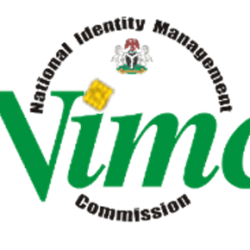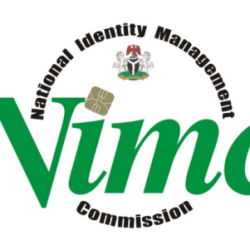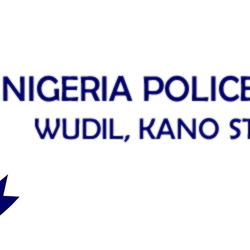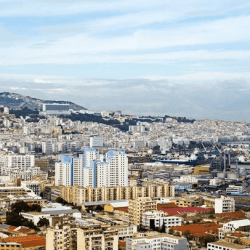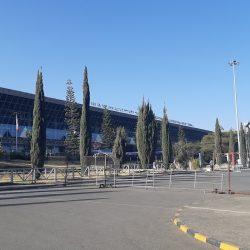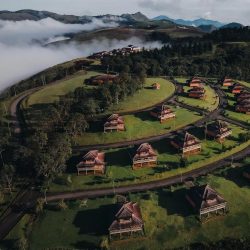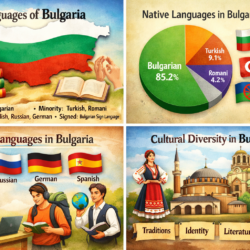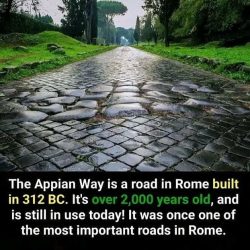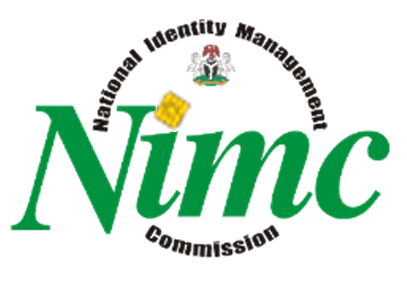
WIth the powers conferred on Nigeria’s National Identity Management Commission (NIMC) by law the commission has authority to make the use of National ID Card and NIN (National Identification Number) mandatory for the following additional transactions:
- Registration for and provision and use of hospitality services;
- Registration and licensing for and use of health or medical services;
- Application for the adoption of an infant, child or person under applicable laws;
- Purchase and registration of aircrafts, ships, boats, motor vehicles and motorcycles ;
- Change of ownership of aircrafts, ships, boats, motor vehicles and motorcycles;
- Registration and use of aviation services by airline operators and customers;
- Purchase of travel tickets or tokens for air, rail, road and water transportation;
- Boarding of aircrafts, trains, commercial vehicles, ships and boats;
- Registration for and purchase of insurance policies;
- Acquisition, sale or transfer or transmission of shares or equities and other financial instruments;
- Registration and licensing of cybercafé operators;
- Verification of users of cybercafé services;
- Recruitments for temporary and permanent employment;
- Enrolment or registration for internal and external examinations with educational and examination boards;
- Enrolment into primary, secondary and tertiary schools and continuous professional studies in Nigeria;
- Registration and eligibility for bursary and other social benefits;
- Registration and membership of professional bodies;
- Eligibility and documentation for provision of welfare services by government agencies and other non-governmental institutions
- Registration of companies, sole proprietorships, partnerships and nonprofit organizations and other post-incorporation documentation with the Corporate Affairs Commission;
- Documentation of arrested and convicted persons ;
- Filing and registration of criminal and civil actions in courts or other arbitration processes;
- Payment of emoluments;
- Import and export of products, commodities or goods;
- Purchase and registration of telephone SIM Card and other communication devices;
- Licensing of telecommunication vendors;
- Licensing and registration of clearing and forwarding agents;
- Identification and registration of refugees and internally displaced persons;
- Issuance of birth certificates;
- Provision of consular services;
- Issuance of driver’s license;
- Registration for pilgrims or provision of pilgrims services;
- Registration or documentation of pensioners;
- Registration for the issuance of travelling documents;
- Registration of voters;
- Tax identification;
- Operating a bank account;
- Cashing in on financial instruments;
- Purchase and sale of foreign currency in banks and bureau de change; documentation for loans;
- Registration and licensing of security companies;
- Executing any contract or business agreement;
- Tenancy agreements;
- Obtaining and processing of probate documents;
- All transactions involving the acquisition, use or transfer of parcel of land or landed properties;
- Any transaction, contract or agreement for a valuable consideration and for the transfer of any interest, tangible or intangible ; and
- Application for or biding for any Local, State or Federal Government jobs or contracts or accessing any benefits from any intervention programme whether via a created portal or manual application.
Reference: NATIONAL IDENTITY MANAGEMENT COMMISSION ACT, 2007 MANDATORY USE OF THE NATIONAL IDENTIFICATION NUMBER, REGULATIONS, 2017
Nigeria
Nigeria is a country in Africa, a regional power on the continent and an emerging power on the international scene.

It has 36 states and a Federal Capital Territory, Abuja.
Having being divided into states, the country is further divided into 774 Local Government Areas (LGAs).
The LGAs are under the control of their respective states.
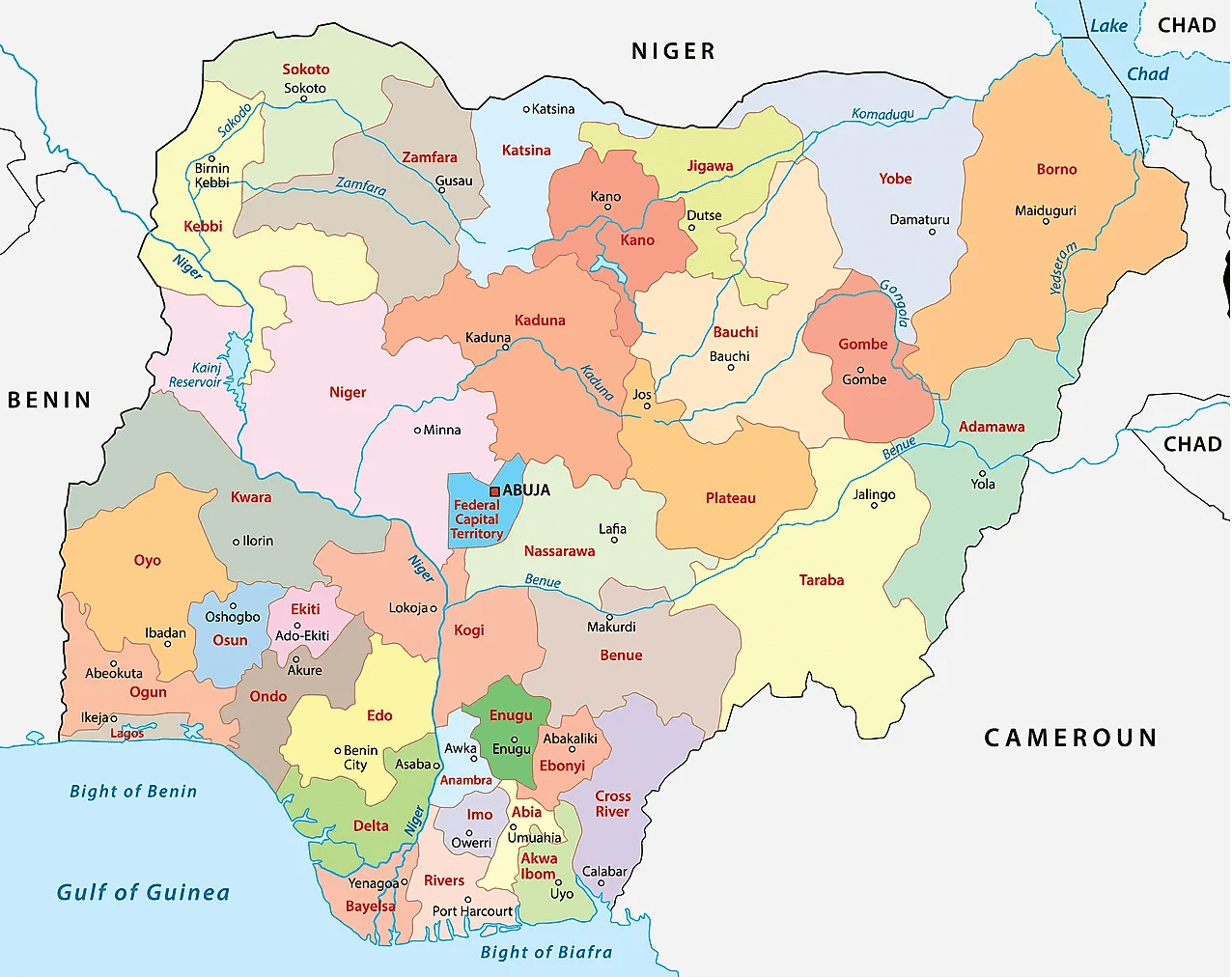
The country has the largest economy in Africa.
Nigeria’s population is over 230 million, making it number 1 most populated country in Africa, and number 6 in the world.

It covers an area of 923,769 square kilometres (356,669 sq mi).
It is situated between the Sahel to the north and the Gulf of Guinea to the south in the Atlantic Ocean.

Nigeria borders Niger in the north, Chad in the northeast, Cameroon in the east, and Benin in the west.
It is often referred to as the Giant of Africa owing to its large population and economy and is considered to be an emerging market by the World Bank.

However, the country ranks very low in the Human Development Index and remains one of the most corrupt nations in the world.

The largest city in Nigeria is Lagos, one of the largest metropolitan areas in the world and the largest in Africa.

Nigeria is a multinational state inhabited by more than 250 ethnic groups speaking 500 distinct languages, all identifying with a wide variety of cultures.

The official language is English, chosen to facilitate linguistic unity at the national level.
Nigeria is a founding member of AU (African Union) and a member of other international organizations including UN (United Nations), Commonwealth of Nations and ECOWAS (Economic Community of West African States).

